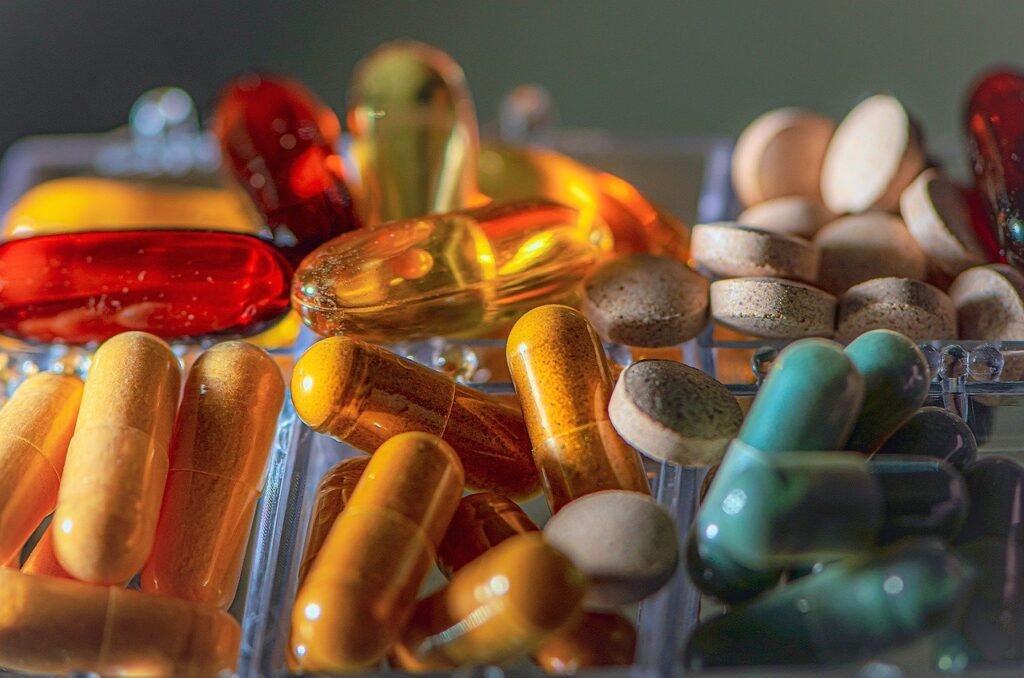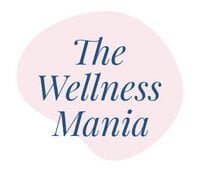Introduction
It is important to have foods high in vitamin A. There are many dietary requirements of animal body in which vitamin A is essential component. It is a fat-soluble compound required to normalize and maintain the body function. Foods high in vitamin A can help the body in good vision, boost the immune system, enhance the skin health, and improve vision.
Significance of Vitamin A in Diet
It is a basic component of daily life as it has vital role in supporting the better vision during the lo light and during night. It has the key role in supporting good skin health, through preventing different infections and repairing the skin. Foods high in vitamin A also improves the immune system to aid the cell health in internal bodies of organisms.
Role of Vitamin A in the Body
i. Vision Health
Vitamin A is a key component of rhodopsin, a protein in the eyes that allows them to absorb light. Without enough vitamin A, vision can become impaired, particularly in dim light.
ii. Immune Function
Vitamin A helps regulate the immune system by supporting the making and role of white blood cells, that are essential for fighting off illnesses and diseases.
iii. Skin Health
Vitamin A promotes healthy skin by stimulating cell production and turnover. It helps prevent dryness and supports the skin’s natural barrier function, reducing the risk of infections and irritations.
7 Best Sources of Vitamin A
i. Animal Sources
Animal products that are high in vitamin A values are:
- Liver
- Eggs
- Dairy

ii. Plant Sources
Certain fruits and vegetables contain beta-carotene, a precursor to vitamin A. Plant-base foods high in vitamin A include:
- carrots
- sweet potatoes
- spinach
- kale

Benefits of Consuming Foods High in Vitamin A
If a person is consuming foods high in vitamin A improves the…
- Healthy vision
- Boost immune function
- promote radiant skin.
- Supports overall body growth and development
Recommended Daily Intake of Foods High in Vitamin A
The daily intake recommended of vitamin A varies by
- Age
- Sex
- life stage
For adults, the recommended dietary allowance (RDA) is around 700–900 micrograms per day.
Consequences of Vitamin A Deficiency
The deficiencies of Vitamin A can lead to
- Night blindness,
- Weakened immune function
- Dry, rough skin
- Cause irreversible damage to vision
- Increase the risk of infections
Risk Factors Associated with Excessive Vitamin A Intake
While vitamin A is crucial for health, excessive intake can be harmful. High doses of vitamin A supplements can lead to toxicity.
- Nausea
- Dizziness
- Even liver damage
Incorporating the foods high in vitamin A into Your Diet
Including a variety of vitamin A-rich foods in your diet is the best way to ensure adequate intake. There are different ways to improve your diet with enriched vitamin A, such as lean sources of protein can be used or different fruits and vegetables with different colors can be added.
Cooking Tips to Retain Vitamin A Content
It is important to change the cooking process of food instead of using conventional methods. All cooking food must be prepared by steaming and roasting. The boiling method is not recommended. By following the suggested cooking methods, the flavor of food can be enhanced with a high level of vitamin A concentration.
General Misconceptions and Myths
It has also always been thought that if you increase your intake of vitamin A, it will be good for your health. It is not as true as we thought, as excess is not always good. Everybody has their own requirements associated with the environment in which they exist. In this case, a well-balanced diet is preferable to taking synthetic vitamin A supplements.
The best choice of vitamin A is supplements or whole foods.
If we compare whole food resources or supplements, it is better to have a choice through natural food resources. Supplements can provide support for a short period of time. In whole foods, a variety of nutrients are present and work effectively together to promote health and overall well-being.

Special Considerations of Foods High in Vitamin A for Certain Groups
Foods high in vitamin A requirements are different at different stages of a person’s life. There is more need for vitamin A during pregnancy, for children, and for breastfeeding mothers. If enough vitamin A is not provided, proper development would not be expected.
Recipes Featuring Vitamin A-Rich Ingredients
i. Carrot Ginger Soup: A warming and nutritious soup made with fresh carrots, ginger, and coconut milk.

ii. Sweet Potato Hash: A hearty breakfast dish featuring sweet potatoes, onions, and bell peppers, topped with a fried egg.
iii. Spinach Salad with Orange Vinaigrette: A refreshing salad combining fresh spinach, oranges, and toasted almonds, dressed with a tangy vinaigrette.
Conclusion
It is concluded that enriched food with vitamins is the key factor for maintaining optimal health values and well-being. If a person wants to improve their skin, vision, and immune system, the only solution is a sufficient amount of vitamin A. By using a variety of foods and changing cooking practices, the intake can be enhanced.
FAQs
Is it possible to get enough vitamin A through supplements?
Supplements are only supportive of deficiencies if natural food is not coping with a deficiency of vitamin A. The ultimate solution is vitamin A-enriched food.
What are the side effects of consuming too much vitamin A?
It leads to toxicity, which causes liver damage, dizziness, and nausea symptoms.
What are the major sources of vitamin A?
In food, many eatables like kale, carrots, spinach, sweet potatoes, and winter squash are the best sources of vitamin A.
What are the main signs of vitamin A deficiency?
There are many symptoms which are the result of vitamin A deficiency, like a weak immune system, dry skin, night blindness, and impaired vision.
What are special considerations regarding vitamin A intake?
It is important to decide the dose of vitamin A based on doctor recommendations. Low and high doses of it can be harmful for the growth of a baby. The excess amount or low dose can both be harmful for the fetus.



7 thoughts on “7 Best Foods High in Vitamin A”